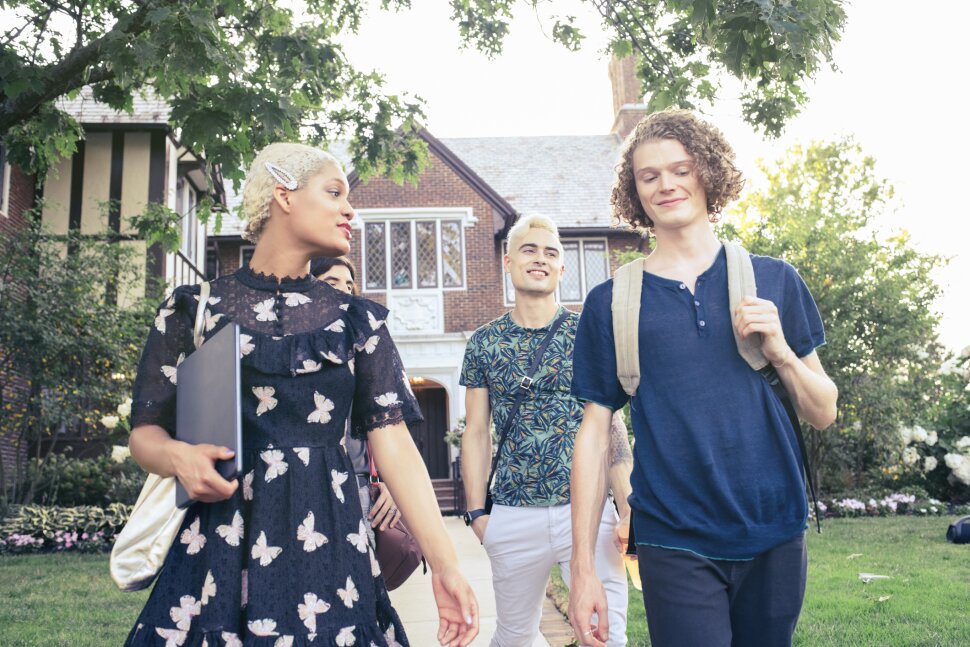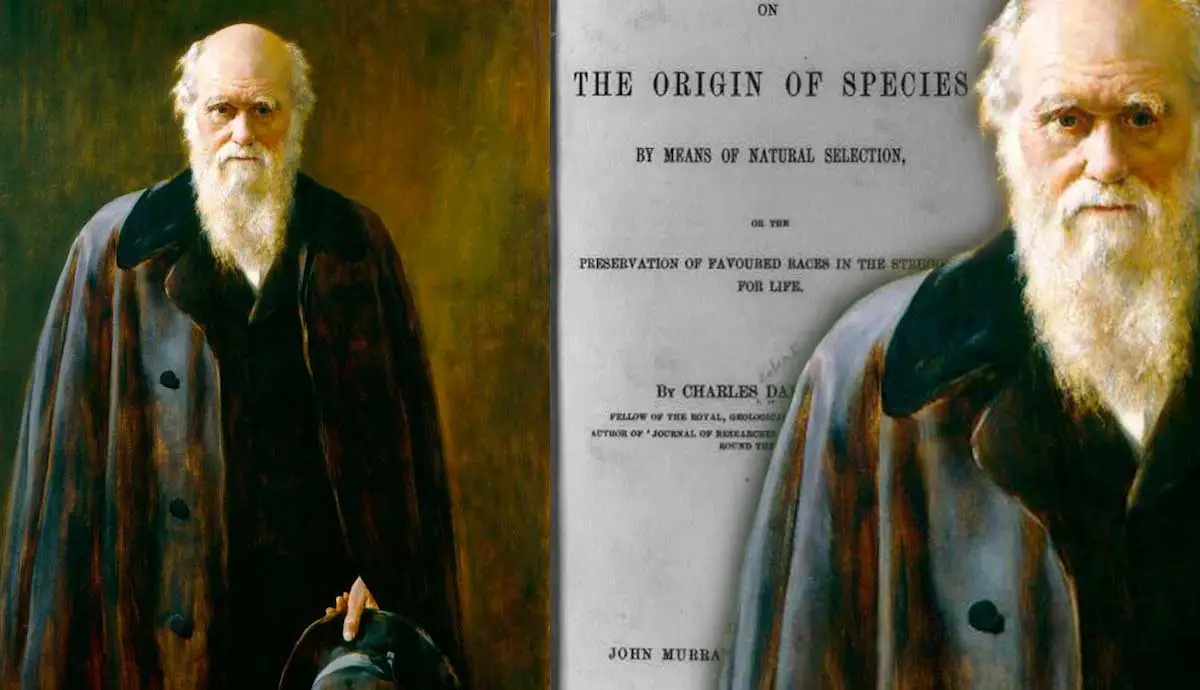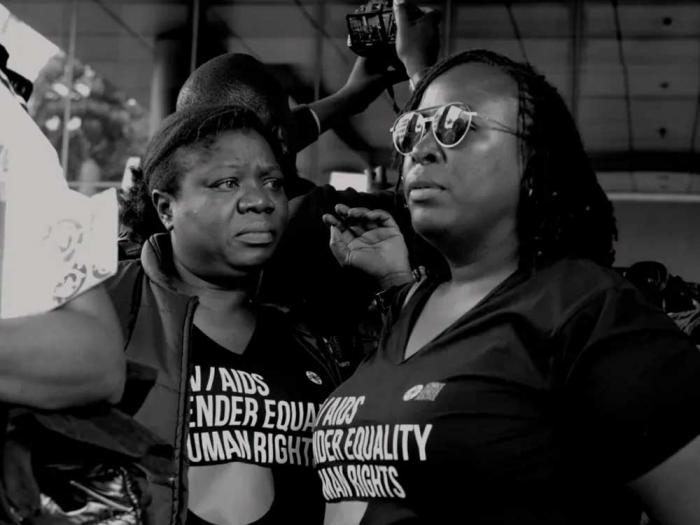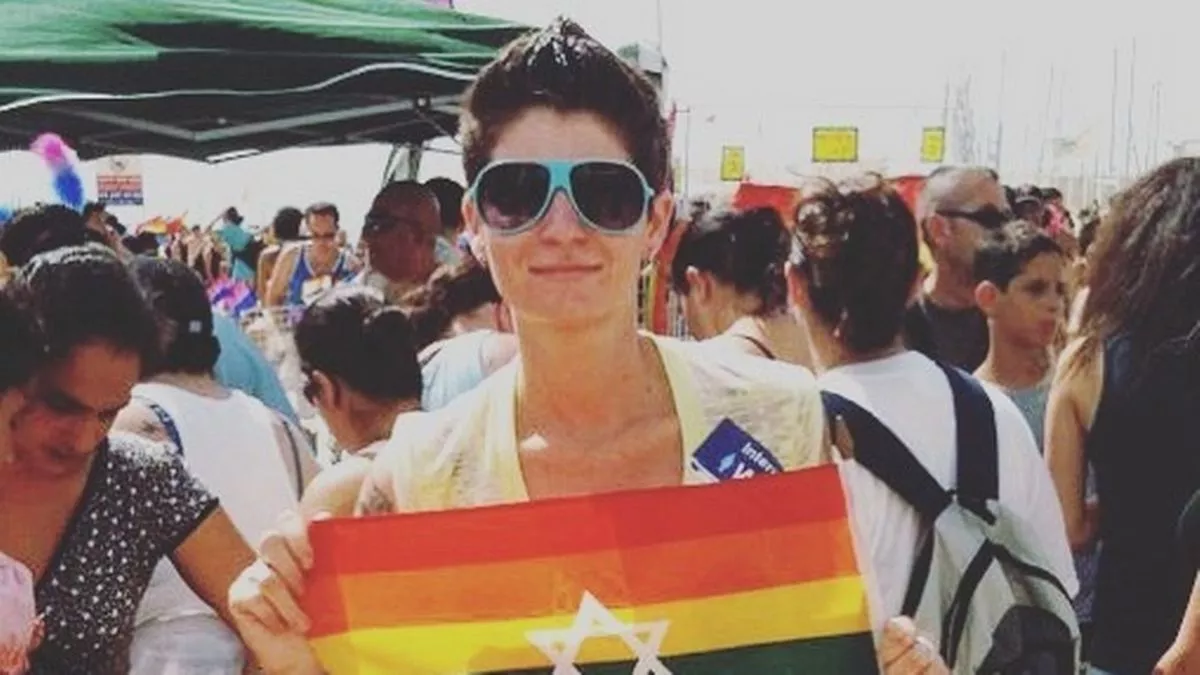College often serves as the initial haven for LGBTQ+ students to discover a sense of belonging and acceptance. According to a 2020 survey conducted for the Association of American Universities, nearly 17% of over 180,000 undergraduate and graduate students identified as gay, lesbian, bisexual, asexual, queer, or questioning.
However, the level of inclusivity varies among colleges, with many LGBTQ+ students still encountering discrimination and isolation on campus. Instances such as being misgendered or experiencing limited visibility and representation are common challenges faced by these students. A 2022 report from the Williams Institute at the University of California, Los Angeles School of Law revealed that one-third of LGBTQ+ students at four-year schools experienced bullying, harassment, or assault during their college years, compared to 19% of their non-LGBTQ peers.
Despite these challenges, progress has been made in fostering more inclusive campus environments. Some colleges have introduced measures such as all-gender restrooms, inclusion of LGBTQ+ majors and minors in the curriculum, and establishment of dedicated resource centers for this student community. However, recent developments in some states, like Florida, have seen resistance or defunding of diversity and inclusion initiatives on public college campuses.
Manny Velasquez-Paredes, director of the University of North Florida's LGBTQ Center, highlights the significance of college as a pivotal time for self-discovery and transition into adulthood. Yet, the inability to express one's true identity freely can hinder this process.
Indicators of LGBTQ+ Supportive Colleges
When compiling a list of potential colleges, LGBTQ+ students should investigate certain criteria to gauge a school's inclusivity. This includes assessing the presence of openly LGBTQ+ faculty and staff, availability of inclusive housing and gender-neutral restroom facilities, existence of dedicated resource centers on campus, and ongoing support for LGBTQ+ students throughout the academic year.
Shane Windmeyer, the founder and executive director of Campus Pride, emphasizes the importance of aligning academic pursuits with a campus environment that allows students to authentically express themselves. According to Windmeyer, it's crucial to find a college where students can feel fully accepted both academically and personally.
Presence of Openly LGBTQ+ Faculty and Staff
The visibility of openly LGBTQ+ faculty and staff, as well as those engaged in LGBTQ+ research, is a positive indicator for prospective students and potential employees alike. Manny Velasquez-Paredes underscores the significance of creating an environment where faculty and staff feel celebrated rather than merely tolerated.
For instance, the University of Illinois Chicago is actively developing an "out list" to showcase faculty and staff members comfortable with being openly LGBTQ+, facilitating mentorship opportunities for students within their academic fields, as shared by Billy Huff, director of the school's Gender and Sexuality Center.
Availability of Gender-Inclusive Housing and Restrooms
Transgender and nonbinary students often face anxiety regarding housing arrangements and restroom usage on campus. Therefore, it's essential to examine a college's policies regarding gender-inclusive housing and restroom facilities, including the provision of single-occupancy or all-gender restrooms.
Data collected by Campus Pride indicates that nearly 450 colleges and universities offer gender-inclusive housing, allowing students of all gender identities to live together. Additionally, 424 schools feature information about gender-inclusive bathrooms on their websites.
Presence of LGBTQ+ Centers and Supportive Resources
Colleges demonstrating support for LGBTQ+ students typically provide comprehensive resources on campus, including inclusive healthcare services and mentorship programs. These proactive measures aim to facilitate the transition from high school to college.
Such resources may be centralized within an LGBTQ+ center, complemented by student-run organizations or clubs catering to various interests and identities. These groups may be academic-focused, like OutLaw, serving LGBTQ+ students pursuing legal studies, or may cater to specific gender or racial identities.
"One of the hurdles we encounter is with students, particularly those who are first-generation college attendees and lack prior exposure to higher education, feeling hesitant to seek out available resources," Huff explains. "Typically, these centers and clubs organize welcoming events once students initiate engagement. Thus, early involvement is crucial."
SCHOOL NAME (STATE) | REGION | U.S. NEWS RANKING | ||
|---|---|---|---|---|
| Montclair State University (NJ) | Mid-Atlantic | 182 (tie), National Universities | ||
| Towson University (MD) | Mid-Atlantic | 33 (tie), Regional Universities North | ||
| Kansas State University | Midwest | 166 (tie), National Universities | ||
| University of Illinois at Chicago | Midwest | 97 (tie), National Universities | ||
| Tufts University (MA) | New England | 32 (tie), National Universities | ||
| University of Vermont | New England | 121 (tie), National Universities | ||
| Elon University (NC) | Southeast | 89 (tie), National Universities | ||
| University of North Florida | Southeast | 263 (tie), National Universities | ||
| Texas Tech University | Southwest | 219 (tie), National Universities | ||
| University of Texas at Dallas | Southwest | 151 (tie), National Universities | ||
| University of Colorado Boulder | West | 97 (tie), National Universities | ||
| Washington State University | West | 212 (tie), National Universities |
Consistent Support for LGBTQ+ Students
While June is recognized as Pride month, marked by celebrations of the LGBTQ+ community, many institutions showcase support through symbolic gestures like displaying rainbow flags on social media and hosting pride events.
Nevertheless, experts stress the importance of evaluating a college's year-round commitment to supporting LGBTQ+ students. This entails actions such as offering scholarships, featuring same-sex couples in promotional materials, or arranging talks on LGBTQ+ topics.
Velasquez-Paredes emphasizes, "If support is only evident during Pride month, the university may be deemed acceptable, but not exemplary. Conversely, a university that consistently engages in such initiatives throughout the year fosters a greater sense of inclusion and representation, making it more conducive to feeling at home."
Advice for LGBTQ+ College Applicants
Huff advises prospective students to consider broader contextual factors beyond the institution itself, including the prevailing political landscape of the state where the college is situated.
Additionally, online resources like the Campus Pride Index evaluate a college's dedication to LGBTQ+ inclusivity through policies, programs, and practices. However, Huff notes, "While valuable, my concern lies in the fact that not all LGBTQ+ students encounter identical obstacles. For example, LGBTQ+ students of color face distinct and often more formidable challenges than their white counterparts. Hence, it's essential to also assess the campus's diversity initiatives for LGBTQ+ students of color, including the availability of resource centers tailored to Black and Hispanic students."
Regarding the college application process, it's important for applicants to recognize that the Common Application has introduced optional questions regarding gender and pronouns. Additionally, starting from the 2023-2024 cycle, it intends to incorporate "X" or "another legal sex" as alternative options alongside "female" and "male."
Top-Rated Colleges for LGBTQ+ Students
Highlighted below are 12 of the top 40 institutions featured on the Campus Pride Index's "2022 Best of the Best LGBTQ-Friendly Colleges & Universities List." These schools are categorized by region – Mid-Atlantic, Midwest, New England, Southeast, Southwest, and West – and are listed alphabetically. Ratings are based on criteria that assess the LGBTQ+ inclusivity of the institutions. All of the mentioned schools have attained the highest Campus Pride index rating: a 5.
"We have identified approximately 300 colleges that have demonstrated LGBTQ+ friendliness and are actively engaged," notes Windmeyer. "Some of these institutions are located in Florida and Texas, though unfortunately, their scores may be impacted as they face potential reductions in services." Recent bills signed by governors in both Florida and Texas have prohibited diversity, equity, and inclusion offices at public colleges within their respective states.
Windmeyer further explains that Campus Pride plans to include annotations on the profile pages of certain schools, advising students to conduct thorough research on state policies due to the rapidly evolving landscape.

























0 Comments